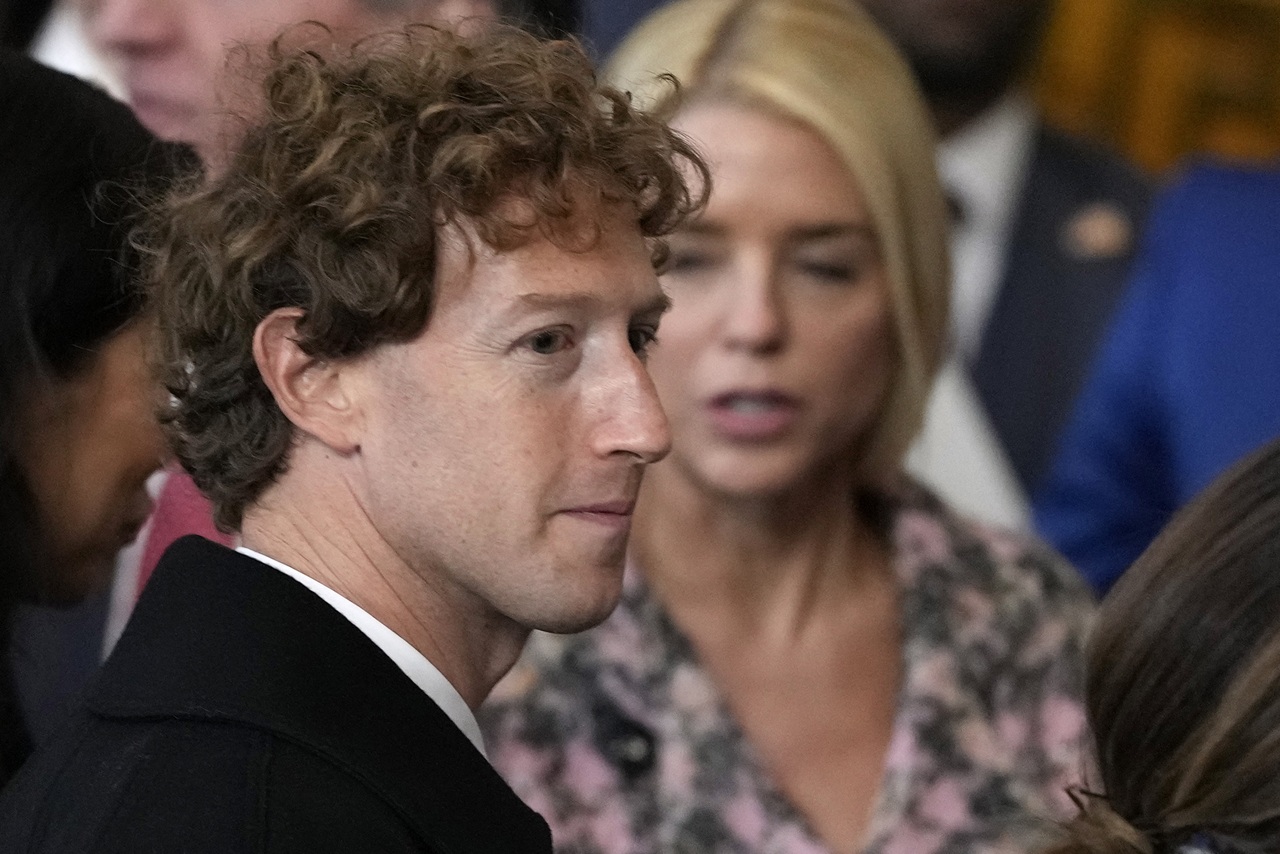
Who will win the presidential election in the offices and businesses?
We live in a polarized world. How do we manage the situation to prevent it from impacting businesses and workplaces? Harvard experts answer the question.
Some topics of debate during the presidential campaign contain enough elements of tension to create a perfect storm in terms of polarization.
Positions on major public issues such as immigration, freedom of speech, healthcare, or climate change can be very opposing and lead to tensions in families, neighbors, and, in this case, office colleagues.
But it is not the only problem: if you manage in a bad way your political convictions, you can make other mistakes such as bias or poor business decisions: not only the manager but every member of the team must learn to deal with it.
That's why a group of Harvard experts discuss the impact of the presidential election “on business, and offer tips for maintaining civility at work,” according to a post on the Harvard Business School website.
Elisabeth Kempf, Jaime and Raquel Gilinski Associate Professor of Business Administration; Sandra J. Sucher, MBA Class of 1966 Professor of Management Practice; Marco E. Tabellini
Assistant Professor of Business Administration, and Vincent Pons, Byron Wien Professor of Business Administration were the experts convened by HBS Working Knowledge to discuss those issues.
One of the most important insights was that the presidential election process can cloud the economic judgment, said Elisabeth Kempf.
“In a study linking credit rating analysts to party affiliations from voter records -commented the expert-, we discovered that professional credit analysts exhibit a sizable partisan gap in their economic outlook, with roughly two-thirds the size of the gap observed among households. This bias affects analysts’ decision to upgrade or downgrade corporate credit ratings, directly affecting the cost of capital of the firms they assess”.
But it’s not just a challenge for credit analysts: professional asset managers, loan officers, and top US executives can see the world in a very biased way just for their political convictions.
The expert suggests two ideas to avoid that problem: 1) In a polarized political environment, the ability to recognize and mitigate partisan biases will be essential for finance professionals striving to make well-informed financial decisions. 2) Political homogeneity creates potential risks in the workplace.
The expert emphasizes that work groups have the same political views, “they risk creating echo chambers that reinforce partisan biases, potentially leading to misguided resource allocation”.
More division
Sandra Sucher is the MBA Class of 1966 Professor of Management Practice in the General Management Unit. She explained that partisan ideas affect the situation of the workers. She cited research by SHRM revealing that “after the June 27 debate between President Joe Biden and former President Donald Trump, 64 percent of 1,024 US workers surveyed reported suffering—or seeing others suffer—poor treatment at work for their political views”.
The outlook is worried: “Among those with strongly-held views about societal issues, 20 percent would not be willing to work with someone with which they disagree,” explained Sucher.
What can we do to manage the situation?
RELATED CONTENT
1) Talk about the elephant in the room. People feel threatened, so it is necessary to have conversations about it. Everyone has the right to think what he or she wants in matters of politics.
2) It is a matter of team leadership. Work out a strategy, to prepare everyone to argue without losing their heads.
3) Defend democracy. You must Reinforce the culture of differences and perspectives. Diversity is not only about gender or sex, but other ways of thinking.
The office: a space to consolidate democracy
Vincent Pons is the Byron Wein Professor of Business Professor in the Business Government and the International Economy Unit. According to him there is four ways to undergird democracy from the business world.
Invite everyone to vote. Offer your employees paid time off to vote or some practical solutions for your customers, such as free transportation or social media notifications.
You can support the election administration in different ways. For instance: by donating ballot boxes, office supplies, and snacks to election officials, and encouraging employees to volunteer as poll workers.
Donate is an option. You can facilitate political engagement using platforms to donate even in small quantities and encourage your workers to do it.
Promote respectful dialogue and acknowledge diverse political views among employees.
Democracy is a party. There is no reason to make it a bad memory for yourself or others. Work hard to turn this process into a great time.











LEAVE A COMMENT: